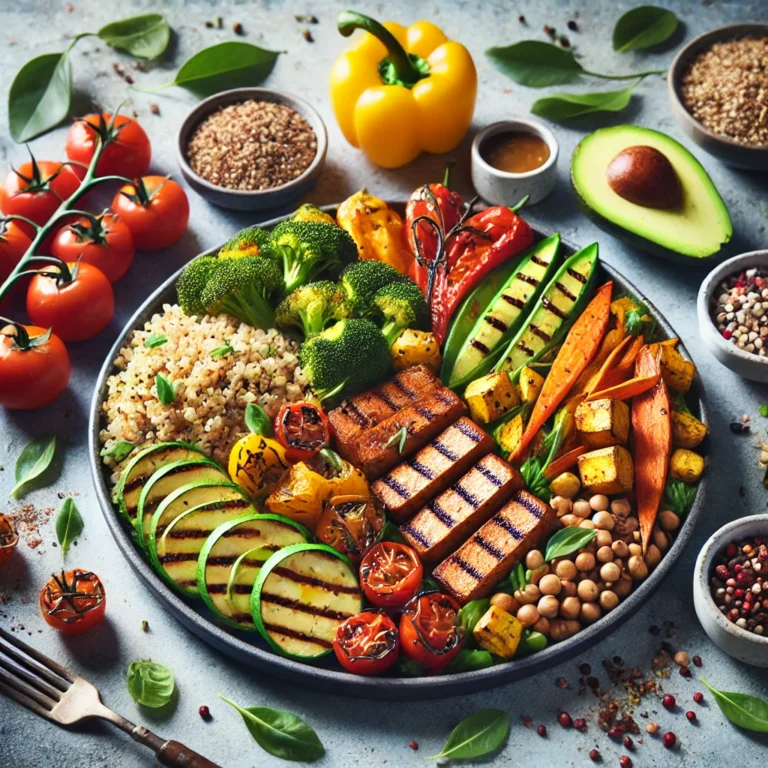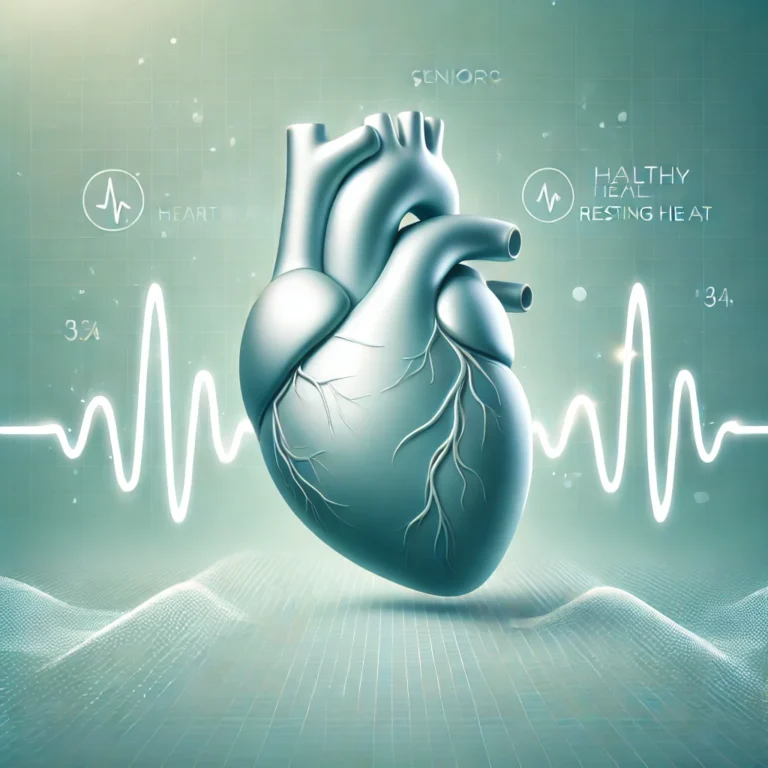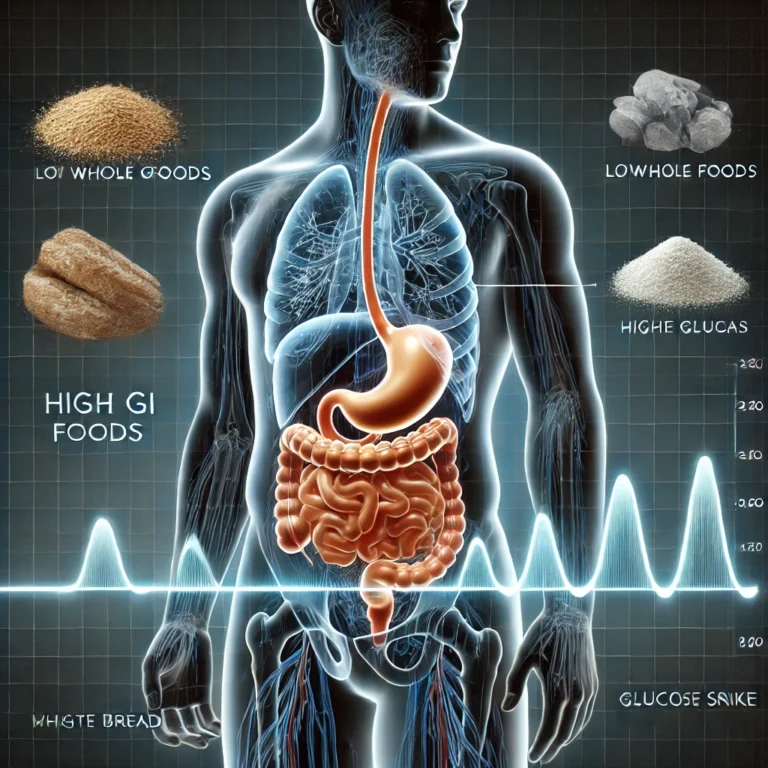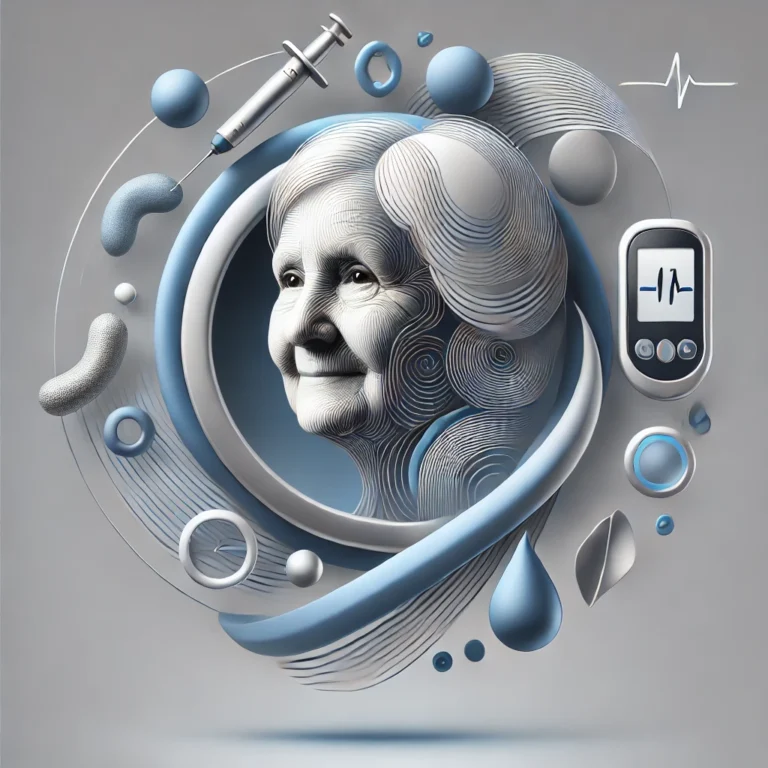*This post may contain affiliate links for which I earn commissions.*
The burden of emotional eating can and does sabotage all of us. It can happen to anyone at any time in their life. Emotional chaos takes root, and instead of working through the issues in a healthy manner, the person seeks solace from an outside source. For some, that means turning to alcohol or drugs. But for many people, the crutch of food – an item every individual has to have to survive – becomes the nurturing element in their lives in a way that wreaks havoc on their health.
What is Emotional Eating
Emotional eating refers to the use of food as a way to cope with emotions rather than to satisfy physical hunger. Often triggered by feelings of stress, sadness, boredom, loneliness, or even positive emotions like celebration, emotional eating involves turning to food for comfort or distraction instead of addressing the underlying emotions. This behavior typically involves cravings for specific comfort foods, usually high in sugar, fat, or salt, rather than healthier options. While eating may provide temporary relief from emotional distress, it is often followed by feelings of guilt or shame. Over time, this can create a cycle where emotional distress leads to overeating, which then contributes to further negative emotions, perpetuating the behavior.
How Emotional Eating Starts.
Food becomes something other than a nutrition source from early on. Think back to when you were a child – maybe even your toddler years. You may have been rewarded for eating all of your food.
That’s one form of turning food into something other than what it’s meant to be. You also may have been taken for a treat like ice cream if you got good grades, turning food into a reward – an important designation you’ll remember later in life when you need those “feel good” endorphins during stressful times.
If you hurt yourself, such as falling off a bicycle, your mom or dad may have given you a popsicle or cookie to calm your tears. You grew up associating food as a form of solace and comfort.
You didn’t know it then, and neither did your parents, but you were being conditioned for a psychological link between eating and emotions. Even schools do this sometimes, such as handing out treats for those who followed a rule or got a certain grade.
You start to see that unhealthy foods can be both convenient and comforting, eliminating some of your stress in certain moments. You may begin to think that in order to “make it through” a tough time, you need food to be on hand.
Food Is A Celebration
Food isn’t just used for pain avoidance. It’s also earmarked for celebratory times in our lives. Family dinners and events are filled with delicious meals, including birthdays, Christmas, Thanksgiving – even graduation celebrations, retirement parties, and many more.
We learn to associate specific foods or meals with feelings of happiness during these events, so they become woven into our lives with fondness. Later, when you encounter tumultuous times, you’ll seek out foods that may be unhealthy, simply because they take you back to a time when life was pleasant.
What Emotions Force Food To Become a Comfort Mechanism
Anxiety
Nervousness is an emotion that people often want to squash early on. Constantly being in a state of worry is very uncomfortable and alarming for many men and women. You might be worried about money, your relationships, your career, or even your health, among other things.
When worry and nervousness set in, you begin looking for a distraction to keep your mind off of that concern. Food is often within reach, calling your name and offering to help keep your mind occupied.
It can be a rich source of distraction, too. You begin by thinking of what foods you’ll create. Maybe you spend more time planning and shopping for the ingredients. Then, you come home and engage in a lengthy preparation process for those meal items.
You get to stay distracted while cooking, and finally spend even more time eating and enjoying the meal. All of that time engaged in the topic of food pushes whatever worry you had to the side, giving you a respite from that unwanted feeling for as long as you can drag it out.
Loneliness
Loneliness is another emotion you may want to use food to avoid. When you feel lonely, it’s as though there’s a g aping hole in your heart and soul, leaving you feeling unwanted and worthless. For many, this is the worst kind of emotion – and one they want to avoid at all costs. So, you may find solace in the form of food. It becomes a sort of companion for you, always there for you, always enjoyable and in endless supply.
Even the process of going out to get the food becomes an event in your eyes, and it delivers an odd form of social interaction, even if it’s only with workers at a restaurant, who are always smiling, happy, and kind to you. The problem is, food isn’t a companion. It isn’t meant to fill the missing part of your life meant to be full of friendships, camaraderie and love. It can only do so much before you need the next fix, causing you to overeat and silence your emotional turmoil.
Anger
Anger might be the emotion you feed with unhealthy or large amounts of food. Not everyone feels like they can eat when angry, but remember, anger can be anything from a slow, simmering boil to an explosion of emotions.
So, while you may not be able to eat emotionally during a major anger episode, the chance of fueling your anger with food while slightly irritable is greater, and it snowballs into something formidable over time.
Grief
Sadness or grief is definitely an emotion that gets fed when we feel it. In fact, think of a grief situation like funerals – there’s always a plethora of comfort food delivered to those grieving over the loss of a loved one.
This is to help them with convenience but also to offer comfort and love during a horrible time. And this form of emotional eating doesn’t just show up with major events like the loss of a loved one.
Sadness can be about anything you wish wasn’t happening, even minor things. So as the feeling begins to surface, you might push it back down with your favorite foods of choice – whether savory or sweet.
Joy
Happiness and joy are also feelings that generate emotional eating. It’s a different kind of strategy, because you’re not trying to avoid a feeling, but rather highlight it with something you love – food.
While this is traditional and normal for many cultures, it’s also something that can get out of control if you let it. If every moment of happiness is met with an influx of food, it might result in considerable weight gain over time.
How Do You Use Food In Your Life
The first thing you’ll want to do to break the chains of emotional eating is identify where you, personally use food in your life to enhance or avoid certain feelings. Think back on how you’ve used food in the past.
If you aren’t ready to break the chains of emotional eating, track your habits over the coming days or weeks to point out where you’re using food for comfort or joy. If you aren’t familiar with your emotional eating habits, you can’t loosen or break their tyranny.
Is Emotional Eating A Problem?
Some people don’t see a problem with emotional eating. They feel like it’s better than smoking cigarettes or drinking alcohol. But the problem arises when the food portions get out of control.
Stuffing your feelings with food—especially unhealthy food or large quantities—can damage your health. Next, I want to explore the emotional, mental, and physical effects this process has on your body and mind.
What Emotional Eating Does to You
When you turn to food for comfort, it can affect you in different ways. Some of the effects, you might notice right away – while others could take a little longer for you to become aware of.
Turning to food for comfort affects your emotions. It’s kind of a catch-22 situation. You want to turn to the food because you’re feeling down. So you head to the pantry and grab a bag of chips or pick up a pack of cookies.
The emotions you were feeling before you started eating begin to lighten as you eat. The act of eating works to suppress the feelings, since it activates the brain’s reward center.
Soon, you feel a lot better as the dopamine floods your system. You might feel happy, and the emotions that you had before you started eating seem to have disappeared altogether.
Are you A Secret Emotional Eater?
Some of you may not even know you are an emotional eater.
You only know you feel a strong pull to eat whenever they feel something you don’t like or don’t want to deal with. They eat, and they feel better, so they turn to food again, not realizing that they’re setting themselves up for a dangerous habit.
Those chips and cookies you’re eating do a great job of masking the emotions while you’re in the act of consuming them. But this is only a temporary measure. The minute the food is gone, the feelings will all come rushing back.
These emotions always return, but they don’t come alone. You’ll still feel what you felt before you started eating but now, you have added emotions. The overeating of calories can cause you to feel guilty.
You’re feeling this emotion because when you eat like this, you feel like you’ve done something wrong. Emotional eating causes you to associate feeling better at first, but then immediately afterward, the guilt is ushered in.
You begin to berate yourself. You question how you could have eaten what you just did – maybe an entire carton of ice cream or multiple servings of pasta. You inwardly scold yourself for not having more willpower
And you begin overanalyzing every fault you can find with your body, so that you can fortify the shame you’re feeling. While it might seem that going over the emotional eating in your mind and calling yourself out will help you do better or try harder, it doesn’t.
All it does is make you feel worse. When you turn to food, it’s because you’re not listening to your true emotions. You’re not tuning in to what’s really going on with yourself.
If you continue to engage in emotional eating and then battle guilt, you can start to feel a sense of disgust with yourself. This can turn into self-loathing and you’ll begin beating yourself up and saying to yourself that you’re fat or stupid or using all sorts of negative words.
Physical Effects of Overeating
Emotional eating can definitely affect your emotions. It can affect you physically and cause your caloric intake to take a toll on your body. No one comfort eats a carrot. When you’re emotionally eating, you’re trying to quell an emotion.
You can get tunnel vision, where all you see is that you feel bad and you want to feel better. You’re not even completely aware of how much you’re eating. So there can be a tendency to overeat.
This can be caused by a signal your body gets when you’re feeling emotional. Your brain reminds you that when you eat, you feel better. It releases cortisol and the next thing you know, all you can think about is junk food.
Obesity Here We Come
But there’s a price to pay for emotional eating. When you do this, you can end up gaining weight and developing serious health issues. You can feel stress from the emotion itself and again after you turn to food
You feel stressed that you ate again or that you overate in one sitting. You can develop a slower metabolism that’s caused by this stress. This slower metabolism holds onto weight, so you tend to gain even more easily than you normally would.
In addition to the ease of gaining weight, you’ll find that your body is holding onto to more fat – and this fat can be stored in your abdominal area. This area can be harder to lose in, plus increase your risk of other health problems.
Next Stop Diabetes.
When you gain weight, you can end up developing diabetes. Emotional eating is a big cause of elevated glucose levels because of the types of food people choose when trying to mask their emotions.
These foods are often high in carbohydrates, sugar, fats, and other ingredients known to cause severe health problems. Emotional eating causes you to consume more calories than your body can handle.
Spinal Problems
You can also develop backaches from emotional eating. This can be directly linked to weight gain. When you gain weight, you can gain it in your stomach, thighs, arms, legs, chest and more.
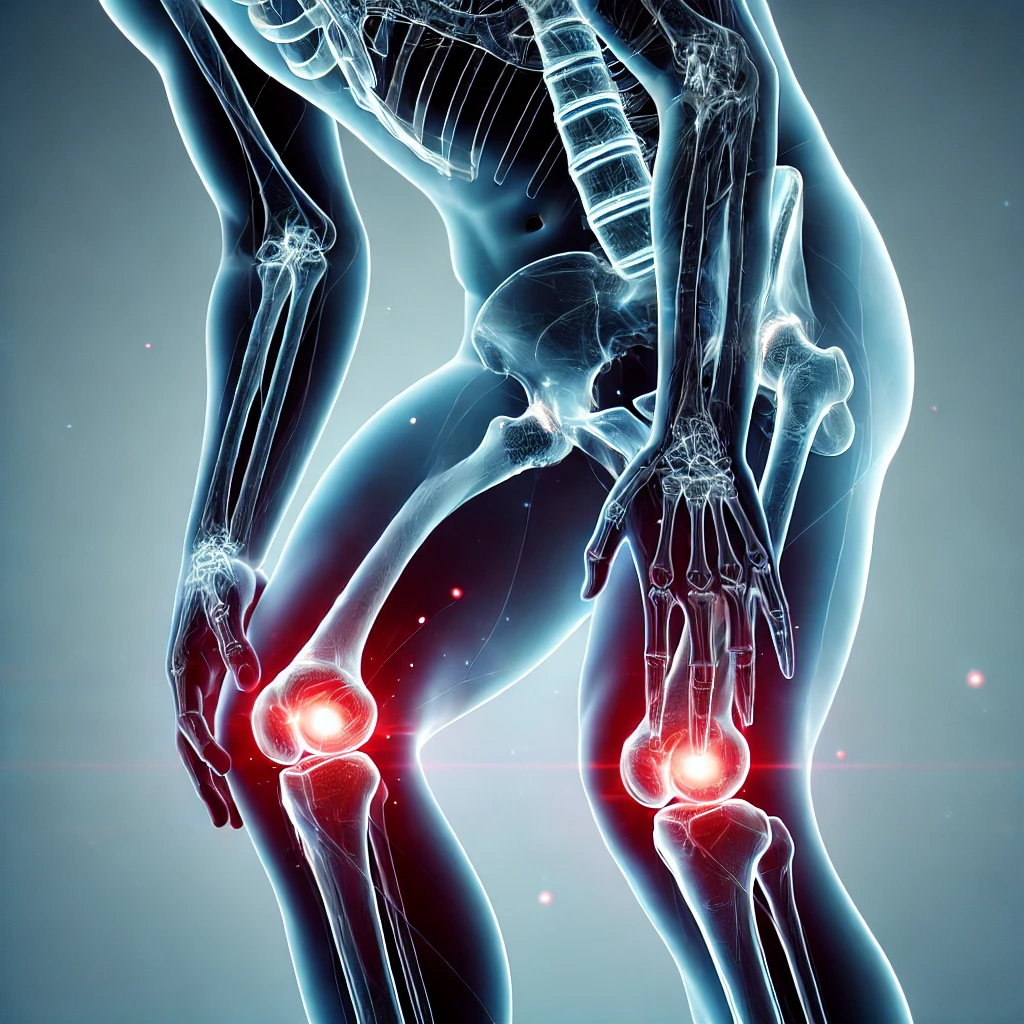
The extra weight can pull on your back because it changes your center of gravity. Because of the weight gain, you walk and move differently, and your muscles have to work with a heavier strain.
Joint pain is common with emotional eating. You’ll gain weight that impacts your knees, ankles, hips and more. This is due to an increase in pressure on the joints. You add additional pressure to your joints for every pound you gain.
They simply weren’t made to handle excess weight, especially as time goes on. This is why people who are overweight can develop trouble walking. The emotional eating can also cause health problems like fatigue.
This is because it takes more energy for your body to work when it has to carry extra weight. It can also make your heart work harder and lead to issues such as sleep apnea.
Mental Effects of Emotional Eating
You might have a mental image of what an addiction looks like. It’s that guy on the street corner who can’t say no to drugs. Or it’s the person who starts drinking first thing in the morning and never quits throughout the day.
Maybe you have never considered that you could have an addiction. Especially not when it comes to food. You have to have food to live. It’s not like you can do without it. This kind of thinking is why so many people struggle to realize that emotional eating can be an addiction.
People who have this kind of addiction go through the same stages that someone with a drug or alcohol addiction do. When you turn to food because you want to feed your emotions, you’ll eat and you will feel better.
But that’s because of what’s going on inside your brain. The minute you start eating, your brain gets to work releasing feel good chemicals. As you eat, you get a boost of endorphins.
These endorphins create the same effect in your brain that taking an opiate would. Endorphins are natural opiates, but the outcome is still the same. You feel so good and so relieved that you look forward to getting it again.
Emotional eating might not seem like it, but just like drugs, there can be a dark side. It can lead to addictive mental dependence. You might find yourself thinking about food more often than you should.
Whenever something happens that upsets you, you immediately get hit with a craving. You might feel upset and even a little edgy because you just have to get to some food preferably sweet sugar, high carb food.
You’ve become addicted to the natural opiate your brain delivers.
Because of that, you start to crave it just like you would drugs or alcohol. Just like an addict, when you can’t have the food you want or don’t get to turn to it, your emotions can get worse.
Food Addiction Fuels Anger
You might even have trouble handling your anger until you get the food you crave.
Emotional eating causes a dependence on getting that endorphin high because it’s an addictive cycle.
You’ll find that your automatic go-to response is always food first. You’ll feel this because you crave endorphins over cortisol. This is why emotional eating is often not something that you can “get over” or wish away.
Just like any other addiction, it has to be dealt with the right way so that you can break the control it has over your life.
Emotional Eating It’s Never About the Food
There’s a good reason why so many people struggle to break free from emotional eating. They’re trying to focus on stopping their habit of overeating by limiting certain foods or sticking with strict portion controls.
It doesn’t work because an emotional eating habit is never about the food.
What’s the Root Cause of Emotional Eating Triggers?
Not dealing with your wounds is always the root cause. What do I mean by not dealing with your wounds? Painful experiences or unresolved traumas—often lead to emotional eating because people use food as a way to cope with or numb difficult emotions. Some of those wounds are fear, guilt, shame, abandonment issues,trauma or rejection.
There isn’t a person on this planet who has not suffered from the above emotions many times. We have all been rejected or felt shame. In fact, one can almost say it is the price of entry, the price of being human!
Silencing those Emotions is Deadly
Emotional eating is something that happens because you’re trying to silence your feelings. When you turn to food to soothe what you’re feeling, it’s not because you’re hungry.
There’s an underlying cause. It could be that you had a bad day at work and you know that eating your favorite chips will make you feel better – so you do. Maybe you had an argument with a friend and you really crave something sweet.
After you eat it, the argument loses its sharpness and you don’t feel the sting as much.
Stress Aggravates Emotional Eating
Emotional eating can be caused by stress. This is a top reason why people reach for food when they’re not hungry.
When you’re stressed, you feel tension. This stress can be linked to something small such as dropping a glass of juice and breaking it first thing in the morning. Or, it can be caused because the car wouldn’t start.
Sometimes the stress that leads to emotional eating is bigger – such as you had a fight with your spouse or there’s just not enough money to pay the bills. Both small and big stressors can drive you to eat because of whatever happened.
But you can also have times where you’re afraid of what might happen. You’re afraid of the future – such as a layoff or health problems – and the stress from what you haven’t even experienced yet can make you want to eat.
If you find that you’re eating when you’re not hungry, the first thing that you should do is to check your emotions. When you can discover what’s going on with your emotions, this can help you determine true hunger from feeding whatever it is you’re feeling.
Conclusion to The Devastating Consequences of Emotional Eating
In conclusion, emotional eating may offer temporary relief from difficult emotions, but its long-term consequences can be devastating. The cycle of using food to cope with feelings like stress, loneliness, or sadness often leads to weight gain, physical health issues such as joint pain and fatigue, and an overwhelming sense of guilt and shame. Rather than addressing the root emotional wounds, emotional eating masks the problem, perpetuating a harmful cycle that affects both physical and mental well-being. Breaking free from emotional eating requires understanding the emotional triggers, seeking healthier coping mechanisms, and, when needed, reaching out for support. By doing so, individuals can reclaim control over their health and emotions, fostering a more balanced and fulfilling life.


